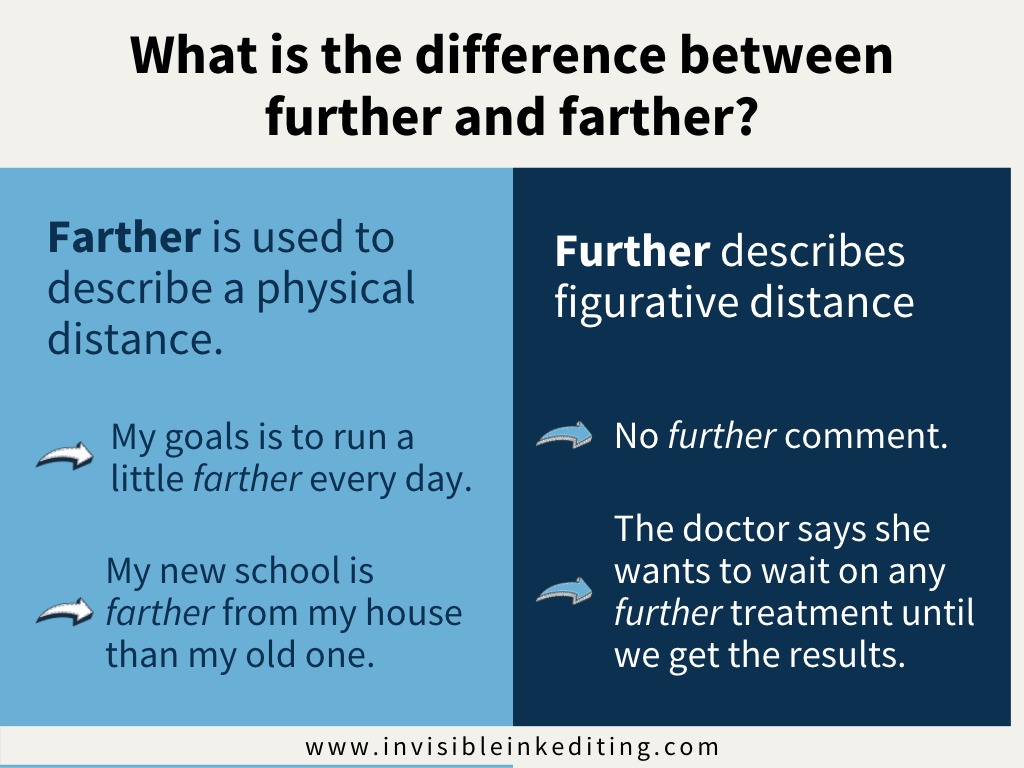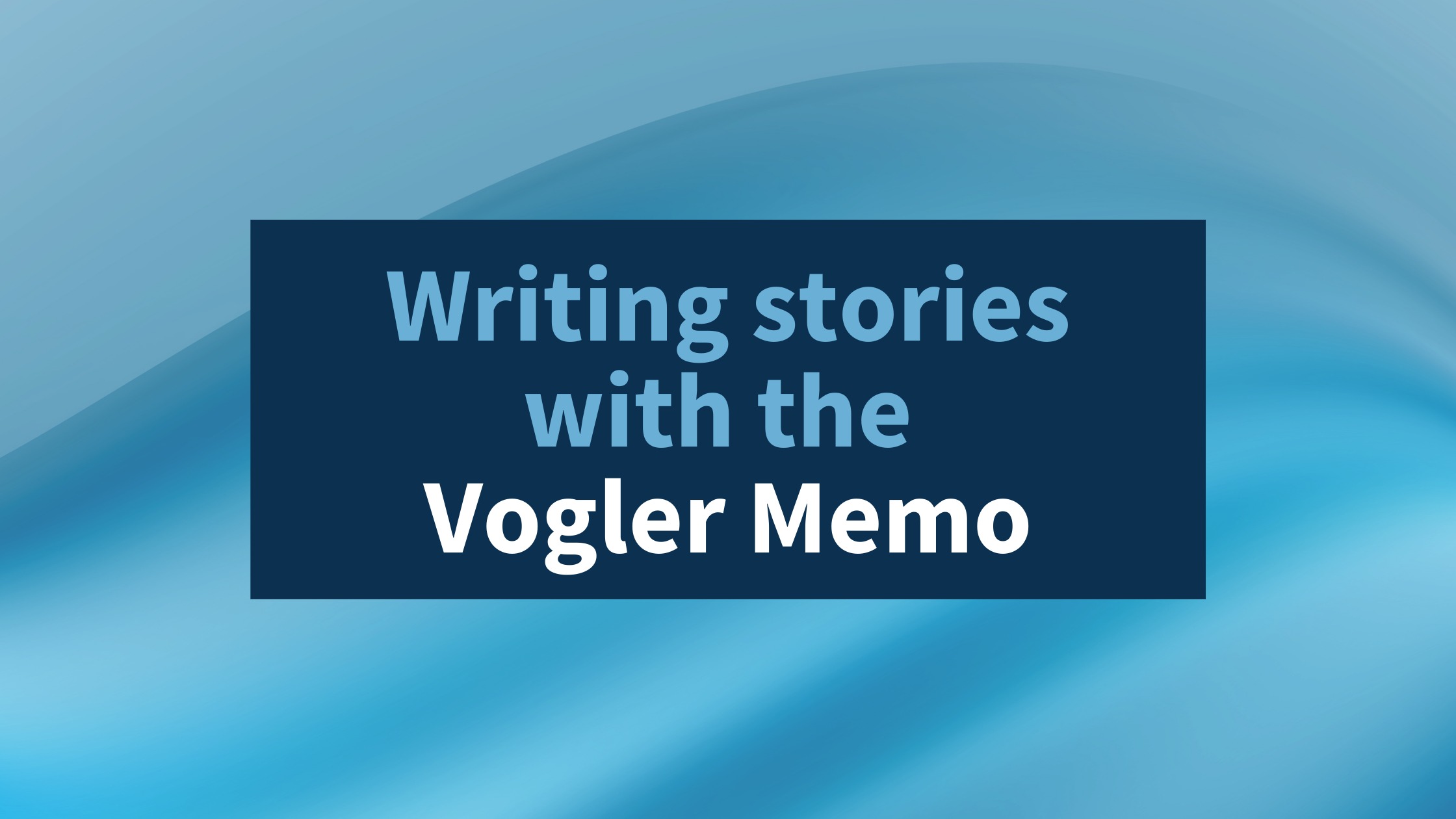Expand your grammar skills further (not farther).
You’ve heard them both before, probably used incorrectly as often as correctly. Further and farther. Two words that may, at first glance, appear to be the same word spelled differently. And, in a way, that’s true. But there is more to it than that . . . sometimes. (Isn’t English just so fun?)
What is the difference between further and farther?
If you’re not in America, there is no difference. These two words can be used interchangeably without issue. But, because the English language isn’t already finicky enough, American English in particular dictates two separate meanings for these words.
FARTHER is used to describe a physical distance.
My goal is to run a little farther every day.
My new school is farther from my house than my old one.
FURTHER, on the other hand, describes figurative distance.
No further comment.
My therapist wants to delve further into my relationship with my father.
So, if you’re talking about something that can be measured as physical distance, opt for option A: farther. But when the subject matter is something intangible, such as emotions or theory, you’ll want to stick with further.

Does it matter if you use the wrong one?
In some cases, yes—the wrong word or phrase can change the meaning of a sentence, which can confuse your readers. Though with further and farther, you’re almost certain to get away without anyone (but your book editor) noticing.
However, imagine you’re writing a story about a woman going on an epic journey to find her daughter. When she finally reaches the place where she believes her daughter is, the girl is nowhere to be found. The mother exclaims, “I can’t go any further!”
In this case, the woman is declaring that she’s too emotionally exhausted to keep searching. If she had said, “I can’t go any farther!” she would have meant her legs couldn’t carry her another step.
A subtle difference, and a pretty rare example, but worth noting if you really want to know the difference between further and farther!
Why should you know when to use further or farther?
So, if British English uses the two words interchangeably, and most American readers won’t bat an eye if you choose the wrong one, why should you care about choosing the correct spelling? Well, for one thing, you can smugly correct people when they get in wrong.
But really, it comes down to putting your best foot forward and sharpening your technical skills.
You’ve put so much hard work into your book. You want the story and the grammar to be their very best when it’s time to publish. Even if you think you never mix these words up, do a quick search for each spelling and double-check you used them correctly each time. Your book editor will be able to spot these as well, but wouldn’t you rather they spend their time (which you’re paying for) on more important edits? Besides, this exercise will help to reinforce the differences in your mind.
Knowing the nuances of different words allows you to write with confidence in your technical skill, so you can focus on bringing your stories to life on the page. And every time you learn the distinction between certain words and phrases, it becomes easier to spot others that you may be mixing up, allowing your grammatical skills to grow and flourish.





